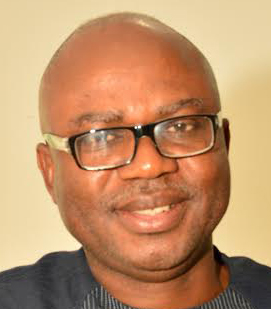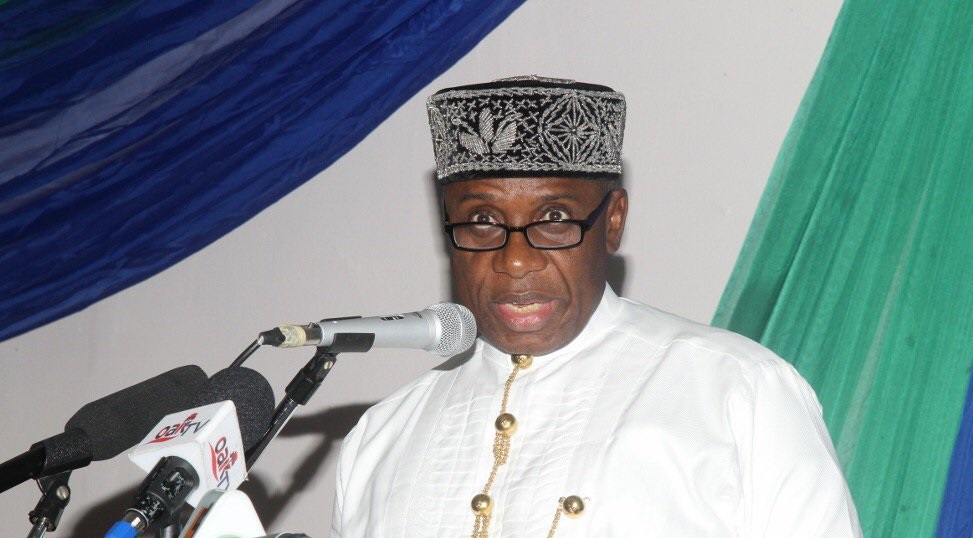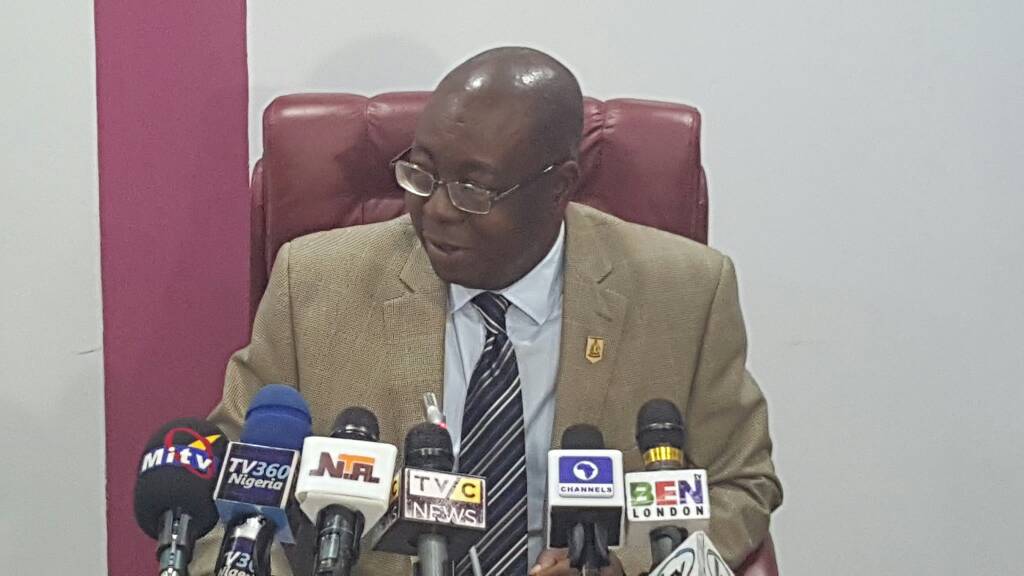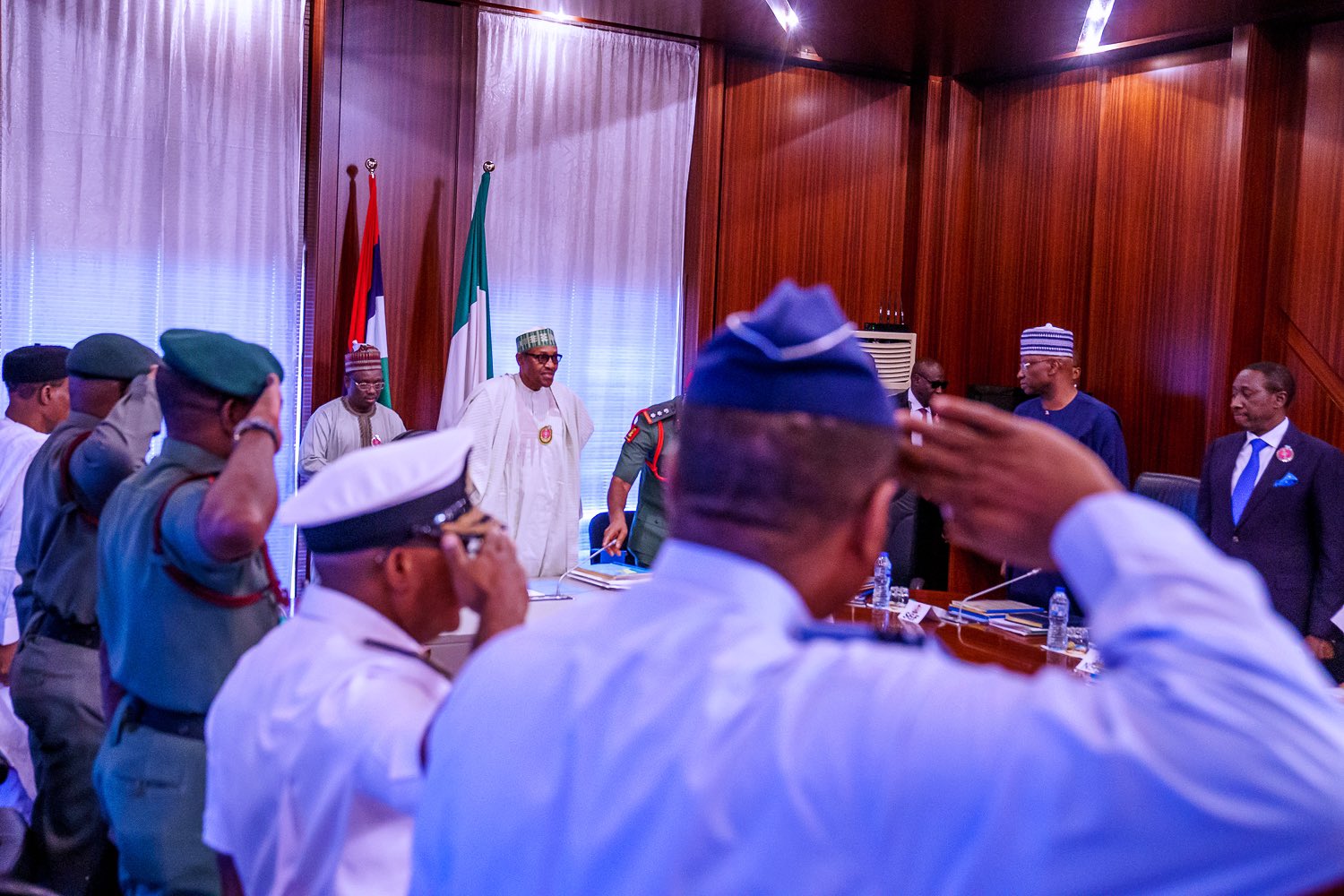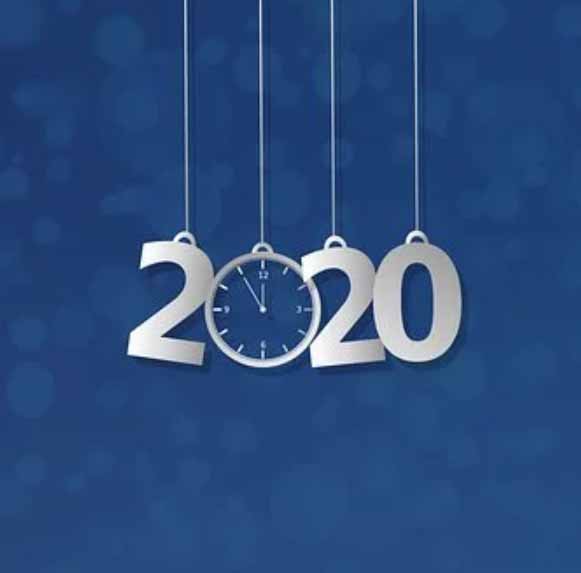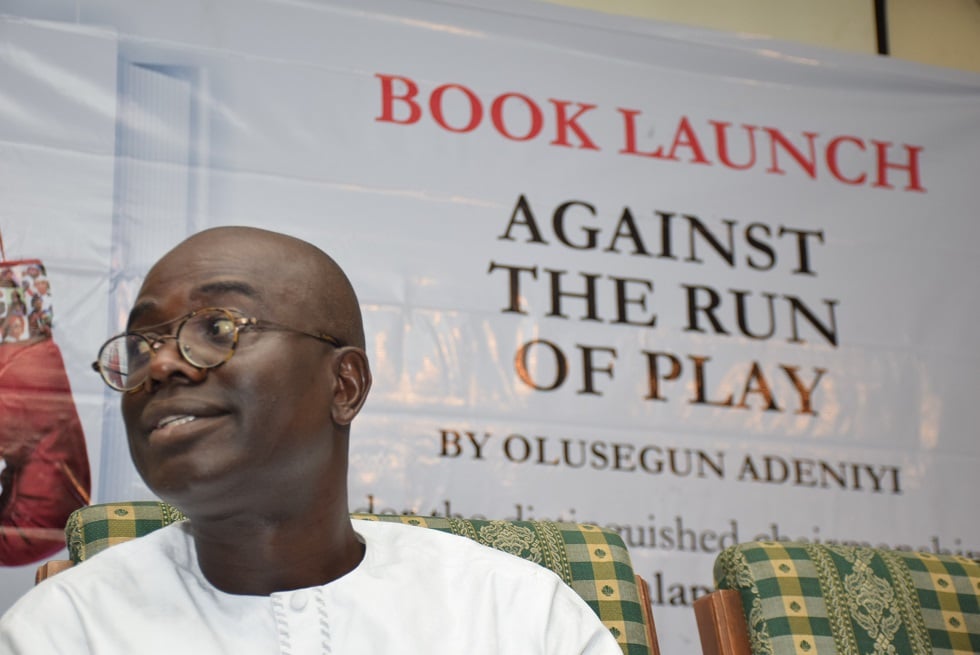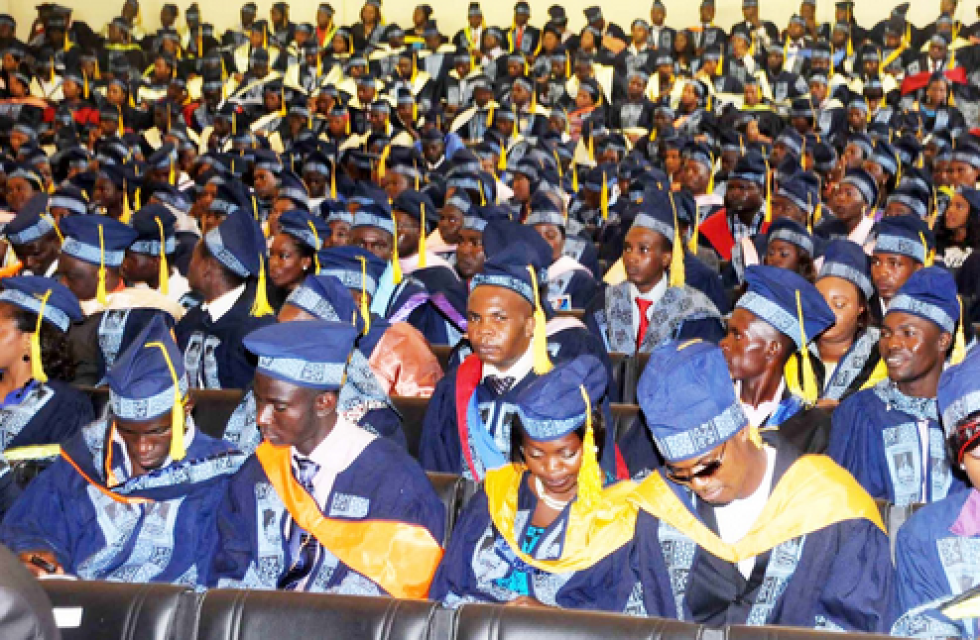2019 has been one of the best years for both human and cargo transportation in the past 30 years. Only a few accidents have been reported on air, at sea and on rails; and even the few mishaps recorded hardly claimed human lives. Road transport is always the sore thumb, but the magnitude of casualties pales in comparison with the happenings of the previous years.
The nation’s economy is down, and government is looking for funds from every available source. The proposed increases in taxes and tariffs of every hue expected to take effect from the magic year 2020 is a pointer. My heart sinks whenever I read about the nation’s debt portfolio(about $82bn external debt, and $29.6bn to be borrowed soon). But I’ve since elected to lament less and provide solutions more. And, today, I examine just one subsector (transportation) I believe could help government, if the lofty plans already made were implemented from 2020. My main focus is on maritime, for many authorities on economic development have stressed that marine economy is far more important than even oil and gas.
About 14 years ago, I listened to then transport minister Ojo Maduekwe as he reeled out a beautiful transport blueprint for the country. On that TV programme, the minister, now deceased, affirmed that a workable plan had already been formulated and that subsequent administrations in the transport industry would see to its implementation.
Maduekwe was obviously referring to the National Transport Policy (NTP) whichhad been formulated in 2002. An effective, impartial and independent regulatory authority is deemed desirable to promote its implementation and thus provide for an efficient economic regulation of the transport sector.And that’s why a bill for the establishment of the National Transport Commission (NTC) to bring all the transport agencies under one umbrella has been passed by the National Assembly and is awaiting the president’s assent.
Advertisement
Nigeria is a vast country and its seaport facilities have been over-stretched. Shipping and port services are provided in Lagos, but the Port Harcourt, Calabar and Warri ports play marginal roles largely because of insecurity in the Niger Delta.The Onne port, for instance, is patronized but at a huge cost due to insecurity. The depth of the sea in the area also makes docking of large ships impossible.Other things being equal (security and improvement of sea depths), I would request even additional seaports in Calabar, Port Harcourt, Uyo and Yenagoa to welcome ships conveying cargoes from North and South America, China, South Africa, India and South Korea. Dredging of rivers Niger and Benue would also yield or strengthen river ports at Baro (Niger State), Onitsha (Anambra State), Lokoja (Kogi State) and Makurdi (Benue State). Once each is approved by government, private investors may come in.
It’s true, however, that private operators are themselves hampered by funding. Take, for instance, the Lekki seaport project anticipated provide jobs for 170,000 people. Because it is capital-intensive, indigenous investors have been discouraged. “We need ships that can carry more cargo,” executive secretary of the Nigerian Shippers’ Council Barrister Hassan Bello stated recently. “The Lekki port is 16 meters [deep] which will bring larger ships. When we have larger ships it means the cost of transportation will be less, but I also appeal to all concerned that everybody’s interest must be canvassed.”There was relative stability in the cost of shippingfor the most part of 2019, but the gridlock at Apapa port has affected it tremendously.
Then, there is the matter of inland dry ports (IDPs)that should deserve every support they can get at this time. As I mentioned recently, dry ports are meant to remove the pressure on the conventional seaports. Among the advantages are speed in clearance of cargo, reduced traffic bottlenecks, lower transportation costs, lower environmental impact, encouragement of business activities, creation of more jobs, and economic growth and prosperity.
Advertisement
Only recently, the Shippers’ Council boss said implementation of the Ibadan dry port will cost $100m for the first stage of the project to be completed within 18 months on 90 hectares of land, though only 40 hectares will be utilized in the first stage.“It is going through the process of procurement; a lot has been done; milestones have been achieved. We want to start negotiations of the concession with the preferred bidder,” he said, adding that the modern dry port will be electronically engineered and ICT-driven to avoid repeating the mistakes of the seaports.
Of the seven dry ports already approved, only the one in Kaduna has been commissioned.The one in Ibadan is nearing completion. There is need to get those in Aba, Jos, Kano, Funtua and Maiduguri working.New ones ought to be sited in places some private-sector operators have proposed: Dagbolu in Osun State, Lolo in Kebbi State, Onitsha in Anambra State and Ogwashi-Uku in Delta State. Indeed, Enugu, Makurdi, Yola and Abuja deserve dry ports too.
Perhaps 2020 will witness a turning point. Penultimate week, minister of transportation Chibuike Rotimi Amaechi announced that the process of disbursing $200m cabotage fund to indigenous shipping operators would begin after the minister’s meeting with the managements of the Shippers’ Council, NIMASA, and Inland Waterways Authority (NIWA) last week. The Cabotage Vessel Financing Fund (CVFF) created in 2004 is derived from a 2% contribution by indigenous ship owners on every contract done in the nation’s maritime sector. Disbursement of the fund would surely curtail capital flight and offer the needed lifeline to the Nigerians who, I’m told, now own up to 40% of vessels plying the country’s coastal waters.
When the ports are interconnected by rail, the nation stands to reap huger benefits. All the DAF, MACK, 911 and other trucks would spare our roads and highways. It’s bad planning and bad management to allow petroleum products, stones, cement and timber to be transported by road. The much-trumpeted Lagos to Kano, Lagos to Calabar and Port Harcourt to Maiduguri rail projects are not moving at the expected speed. Is much of the $29.6bn loan meant for them? The controversy lingers.
Advertisement
Apart from cargoes, human traffic is enhanced more by railways. Had the speed trains found in Europe, America and parts of Asia been available in Nigeria, I could live in Enugu and commute to work in Abuja every day. Imagine what that would do to city congestion! It would take 40 minutes for a 500km/hour train to complete the 405km trip from my village to the heart of Abuja. Wouldn’t many prefer to live in Kafanchan while they work in Kano or Ilorin? Wouldn’t many choose to live in Oshogbo and work in Lagos, if they could be conveyed safely within 30 minutes? In Lagos, you could be trapped and kept in one spot for three hours! London would have been choked up if there were no trains to convey residents of other parts of the United Kingdom and of other European nations to the city.
One of our latest “innovations” has been the multiplication of “mass transit” buses, and I wonder the “mass” in a vehicle carrying 14 or 18 passengers cramped like iced fish in a carton. Conversely, when a train stops in London, as many as 300, 000 people alight and walk to different directions.
The airports tell a similar story. There is usually huge traffic in Lagos, Abuja, Kano and a few other airports, but there is inadequate aircraft to serve passengers. Sometimes you have to wait three hours for a flight originally scheduled to take off at 7am. Even then, the most successful airlines are owned by foreigners – and their pilots are mainly foreigners too. Shouldn’t we have a real (not imagined) national carrier with scores of aircraft in 2020?
For many of us in the southeast, no more travelling by air. The Akanu Ibiam International Airport, Enugu, remains closed, yet no work is being done there. It’s just closed. So anyone attempting to reach Enugu must first land in Owerri or Port Harcourt and then take the death-traps called roads in the southeast to their destination. You either stay where you are or undergo the harrowing trip by road.
Advertisement
Beautiful plans for the transformation of the transportation subsector have been put on paper (and computer) for many years. At times like these, I think it’s worthwhile to remind our leaders of long-forgotten but well-meant policies that could have staved off the current meltdown and set Nigeria on the path of prosperity.Appointment of a regulator for the entire industry such as the now awaited NTC is one such policy.
Nwamu, an entrepreneur, is the CEO of Eyeway.ng
Advertisement
+234-8054100220 (SMS/WhatsApp only)
Advertisement
Views expressed by contributors are strictly personal and not of TheCable.
Add a comment
